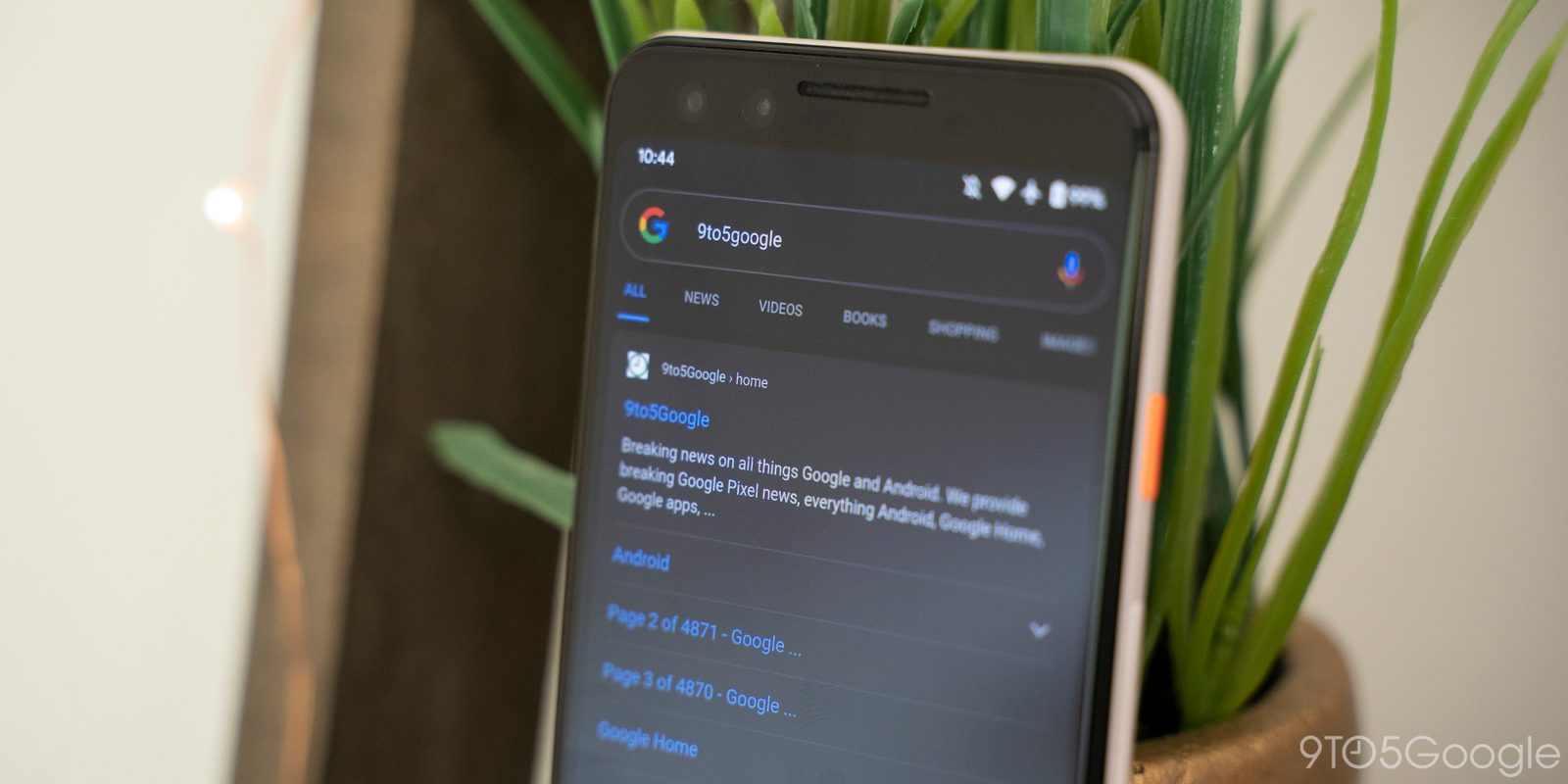
With smartphone browsing so much more common in this day and age, Google wants Search results to reflect that reality. Google announced in March that the search engine would switch to mobile-first indexing this September, but that’s now being delayed until March 2021.
Google cites “uncertain times” — “it’s not always easy to focus on work” — as the reason for pushing mobile-first indexing to next year. When crawling to keep Search results relevant, it has historically analyzed the desktop version of a site. That changed in 2018 to make Search more representative of how people browse globally.
The transition has been an incremental process with new sites going mobile-first last July. With the extra time, Google has identified a “few more issues that are worth mentioning to better prepare your sites.”
- You should use the same robots meta tags on the mobile version as those on the desktop version. If you use a different one on the mobile version (such as
noindexornofollow), Google may fail to index or follow links on your page when your site is enabled for mobile-first indexing. - Lazy-loading is more common on mobile than on desktop, especially for loading images and videos. We recommend following lazy-loading best practices. In particular, avoid lazy-loading your primary content based on user interactions (like swiping, clicking, or typing), because Googlebot won’t trigger these user interactions.
- Some resources have different URLs on the mobile version from those on the desktop version, sometimes they are served on different hosts. If you want Google to crawl your URLs, make sure you’re not disallowing crawling of them with your robots.txt file.
At a high-level, Google encourages webmasters to “make sure primary content is the same on desktop and mobile.”
If it’s your intention that the mobile version has less content than the desktop version, your site may lose some traffic when Google enables mobile-first indexing for your site, since Google won’t be able to get the full information anymore.
Other recommendations focus on making sure images are high-resolution, have alt attributes, and are well-positioned so that they will be picked up by Search.
FTC: We use income earning auto affiliate links. More.



Comments